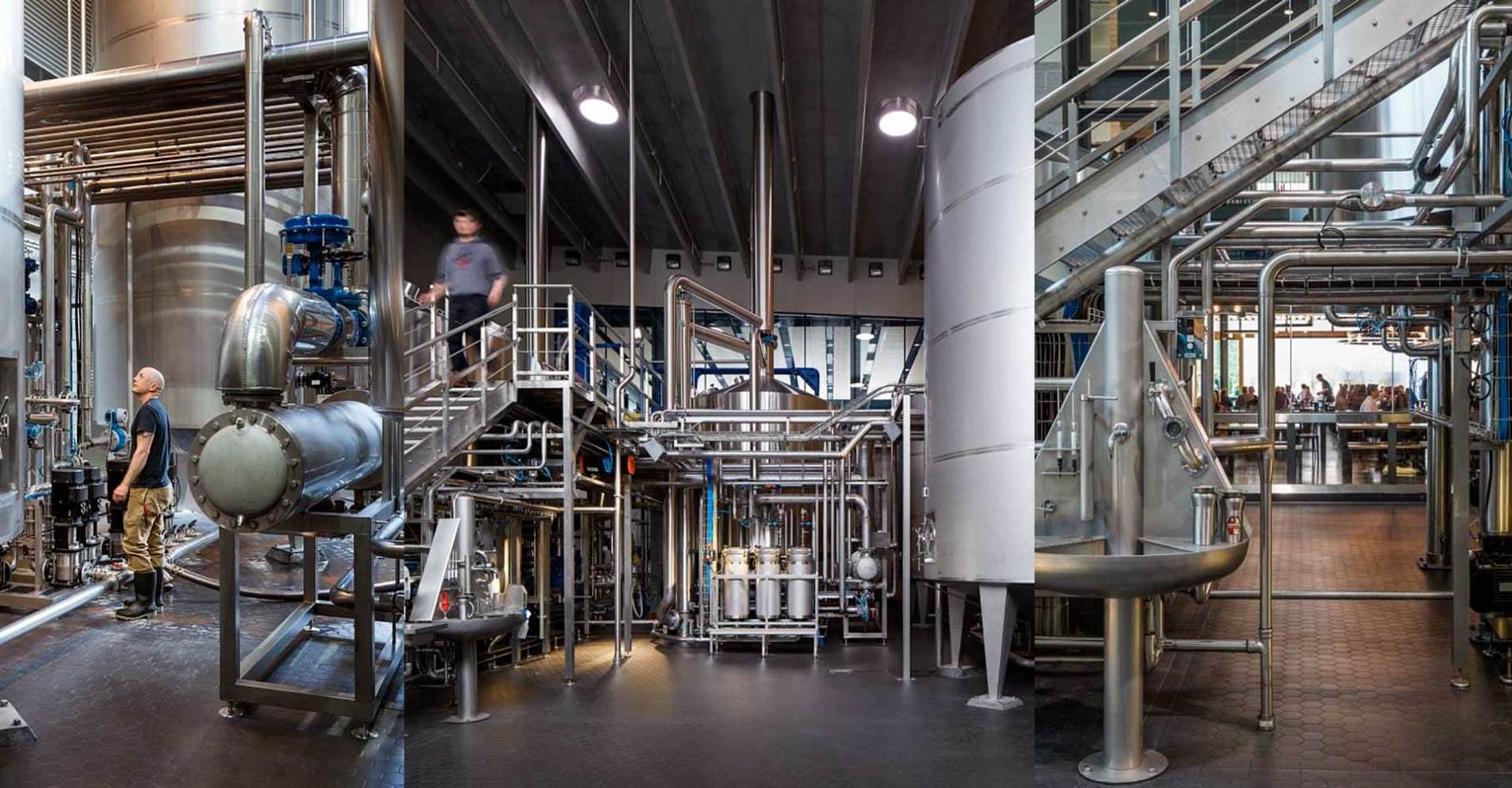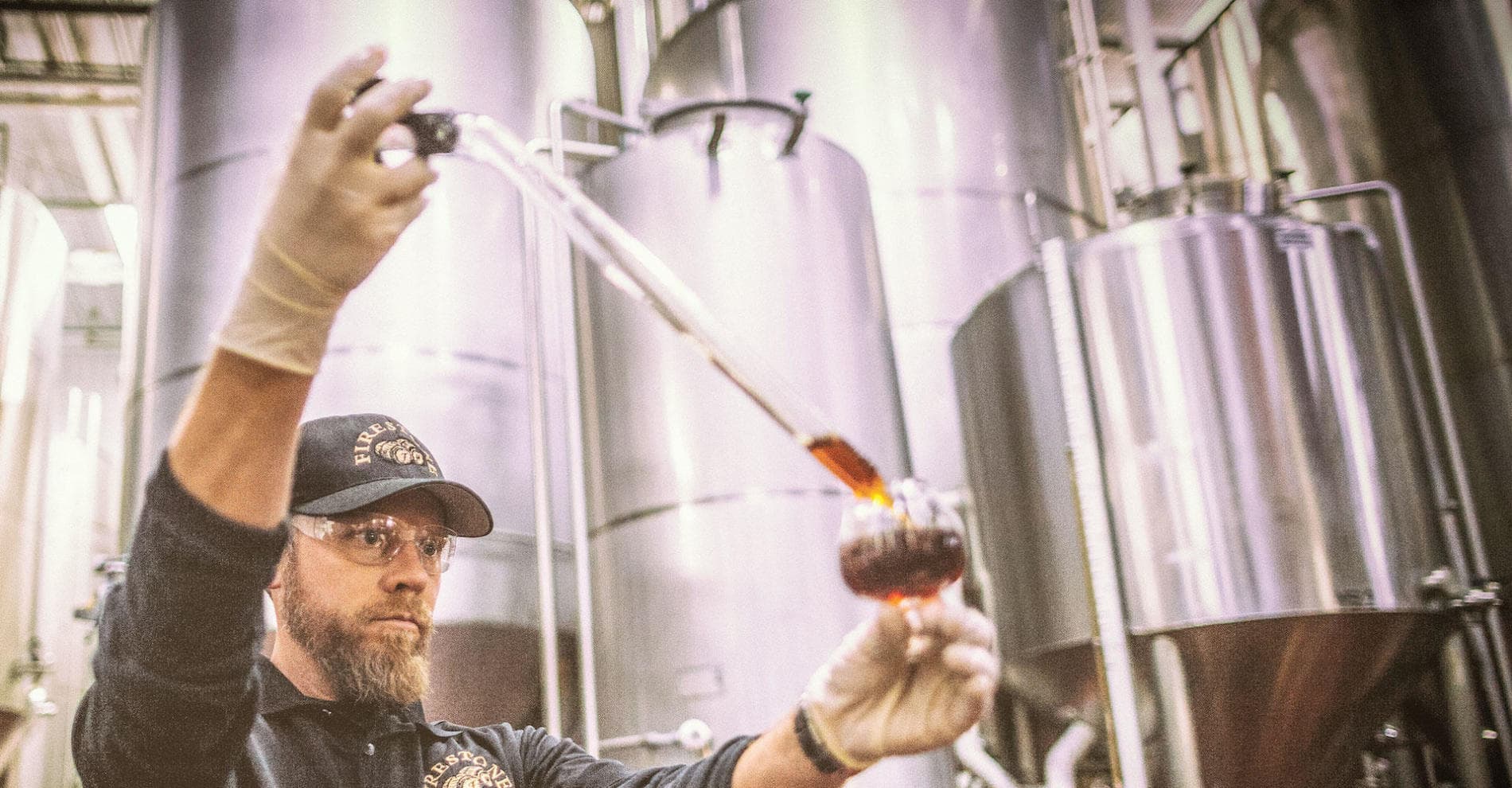
The Growth of Specialty Malts
Where craft brewers used to be somewhat limited in the varieties and specifications of their malt, large and smaller producers alike are beginning to provide more options with craft in mind.
Showing 841-844 of 844 articles

Where craft brewers used to be somewhat limited in the varieties and specifications of their malt, large and smaller producers alike are beginning to provide more options with craft in mind.

Given recent shortages and the overall volatility of the world’s hops market, a smart brewer knows the safe bet is on soundly reasoned contracts.

Evaluate your brewing style and production goals to find a system that will move you forward.

Firestone Walker Brewmaster Matt Brynildson is at the forefront of the commercial side of blending beer, blending everything from the signature limited-release anniversary bottles to their widely released six-pack beer DBA.